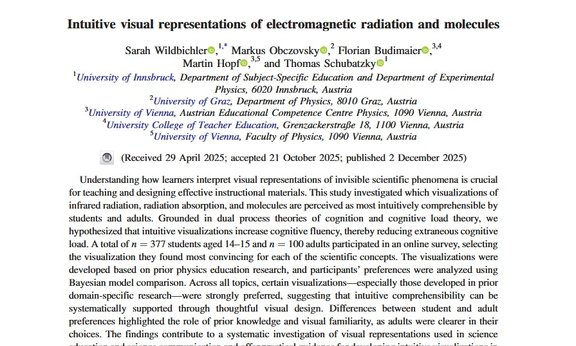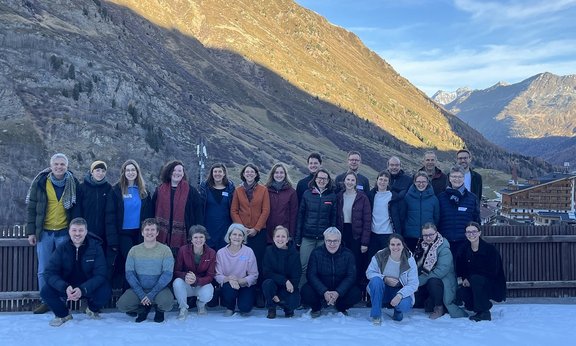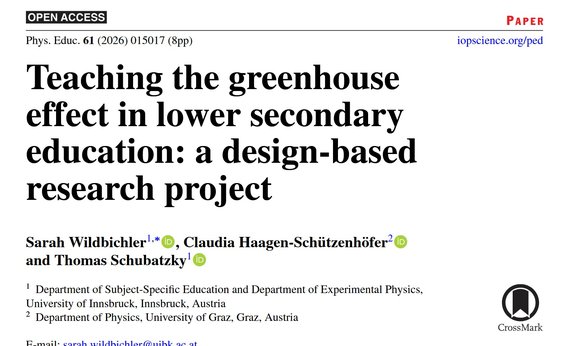Fachdidaktik, Bereich Mathematik und Naturwissenschaften
Aktuelles
Forschungsthemen
Conceptual Development
Der Bereich Mathematik und Naturwissenschaften setzt sich multiperspektivisch mit der Entwicklung fachlicher Konzepte von Lernenden auseinander.
Kritisches Denken
Der Bereich Mathematik und Naturwissenschaften beschäftigt sich mit theoretischen Aspekten von Critical Thinking, den Haltungen von Lehramtsstudierenden, Ansätzen der Inokulationstheorie und förderlichen Lehr-Lernumgebungen.
Bildung für nachhaltige Entwicklung und Science|Environment|Health
Empirische Studien zur Didaktik normativer Bildungsagenden wie der Bildung für nachhaltige Entwicklung (BNE) und der Science|Environment|Health Pädagogik (SEH) bilden einen zentralen interdisziplinären Forschungsfokus des Bereichs Mathematik und Naturwissenschaften.
Digitale Medien und Digitalität
Der Bereich Mathematik und Naturwissenschaften widmet sich der Entwicklung digitaler Werkzeuge sowie der Professionalisierungsforschung zum Thema „Digitalität und Digitalisierung“.
Sprache im Fachunterricht
Der Bereich Mathematik und Naturwissenschaften erforscht fachspezifische Sprachbildungsprozesse im naturwissenschaftlichen Unterricht und entwickelt darauf aufbauend lernförderliche sprachsensible Lernangebote sowie Aus- und Weiterbildungsmaßnahmen für Lehrpersonen.



